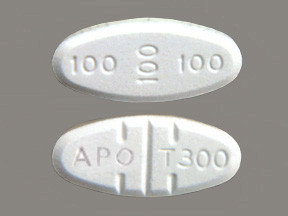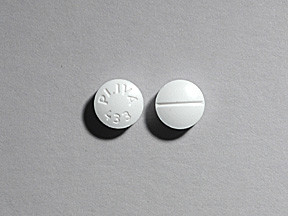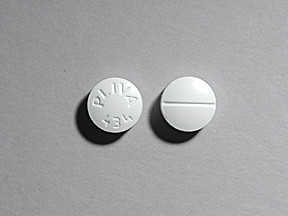TRAZODONE - ORAL
PHONETIC PRONUNCIATION: (TRAZ-oh-done)
COMMON BRAND NAME(S): Desyrel
GENERIC NAME(S): trazodone HCl
Uses
USES: This medication is used to treat depression. It may help to improve your mood, appetite, and energy level as well as decrease anxiety and insomnia related to depression. Trazodone works by helping to restore the balance of a certain natural chemical (serotonin) in the brain.
How to use TRAZODONE - ORAL
HOW TO USE: Read the Medication Guide provided by your pharmacist before you start using trazodone and each time you get a refill. If you have any questions, consult your doctor or pharmacist. Take this medication by mouth, usually once or twice daily after a meal or snack or as directed by your doctor. If drowsiness is a problem and you are taking 1 dose daily, take it at bedtime. If you are taking 2 doses each day, it may help to take 1 of the doses at bedtime. Follow your doctor's directions carefully. Dosage is based on your medical condition and response to treatment. To reduce your risk of side effects, your doctor may start you at a low dose and gradually increase your dose. Take this medication exactly as prescribed. Do not increase your dose or take this medication more often than prescribed. Your condition will not improve any faster, and the risk of serious side effects may be increased. It is important to continue taking this medication as prescribed even if you feel well. To help you remember, take it at the same time(s) each day. Do not stop taking this medication without consulting your doctor. Anxiety, agitation, and trouble sleeping can occur if the drug is suddenly stopped. It may take 2 to 4 weeks before you notice the full effects of this medication. Tell your doctor if your condition persists or worsens.
Side Effects
Precautions
Interactions
Overdose
Images

- color
- white
- shape
- oblong
- imprint
- APO T300, 100 100 100
Reviews
Faq for TRAZODONE - ORAL
Trazodone is an oral medication that is primarily used to treat depression. It belongs to a class of drugs known as serotonin receptor antagonists and reuptake inhibitors (SARIs).
Trazodone works by increasing the levels of serotonin, a naturally occurring neurotransmitter, in the brain. It helps to restore the balance of serotonin, which can improve mood and alleviate symptoms of depression.
The common side effects of trazodone may include drowsiness, dizziness, dry mouth, blurred vision, constipation, and headache. These side effects usually subside as the body adjusts to the medication.
Trazodone may take several weeks to start working effectively. It is important to continue taking the medication as prescribed, even if improvement in symptoms is not immediate.
Yes, trazodone is often prescribed off-label for the treatment of insomnia. It can help to improve sleep quality and reduce awakenings during the night. However, it is important to follow your doctor's instructions and dosage recommendations.
Trazodone is not considered to be addictive. It does not produce the same kind of euphoric effects or cravings that are associated with substances that are commonly abused.
Trazodone is not typically recommended for use in children and adolescents. The safety and efficacy of trazodone have not been established in this age group. Consult with a healthcare professional for appropriate treatment options.
Trazodone may have interactions with other medications, including certain antidepressants, antifungals, and HIV medications. It is important to inform your healthcare provider about all the medications you are taking to avoid potential interactions.
It is important to discuss the potential risks and benefits of using trazodone during pregnancy or while breastfeeding with your healthcare provider. They can provide guidance based on your individual situation.
Warning
WARNING: Antidepressant medications are used to treat a variety of conditions, including depression and other mental/mood disorders. These medications can help prevent suicidal thoughts/attempts and provide other important benefits. However, studies have shown that a small number of people (especially people younger than 25) who take antidepressants for any condition may experience worsening depression, other mental/mood symptoms, or suicidal thoughts/attempts. Therefore, it is very important to talk with the doctor about the risks and benefits of antidepressant medication (especially for people younger than 25), even if treatment is not for a mental/mood condition. Tell the doctor right away if you notice worsening depression/other psychiatric conditions, unusual behavior changes (including possible suicidal thoughts/attempts), or other mental/mood changes (including new/worsening anxiety, panic attacks, trouble sleeping, irritability, hostile/angry feelings, impulsive actions, severe restlessness, very rapid speech). Be especially watchful for these symptoms when a new antidepressant is started or when the dose is changed.
Disclaimer
IMPORTANT: HOW TO USE THIS INFORMATION: This is a summary and does NOT have all possible information about this product. This information does not assure that this product is safe, effective, or appropriate for you. This information is not individual medical advice and does not substitute for the advice of your health care professional. Always ask your health care professional for complete information about this product and your specific health needs.




No Reviews Yet